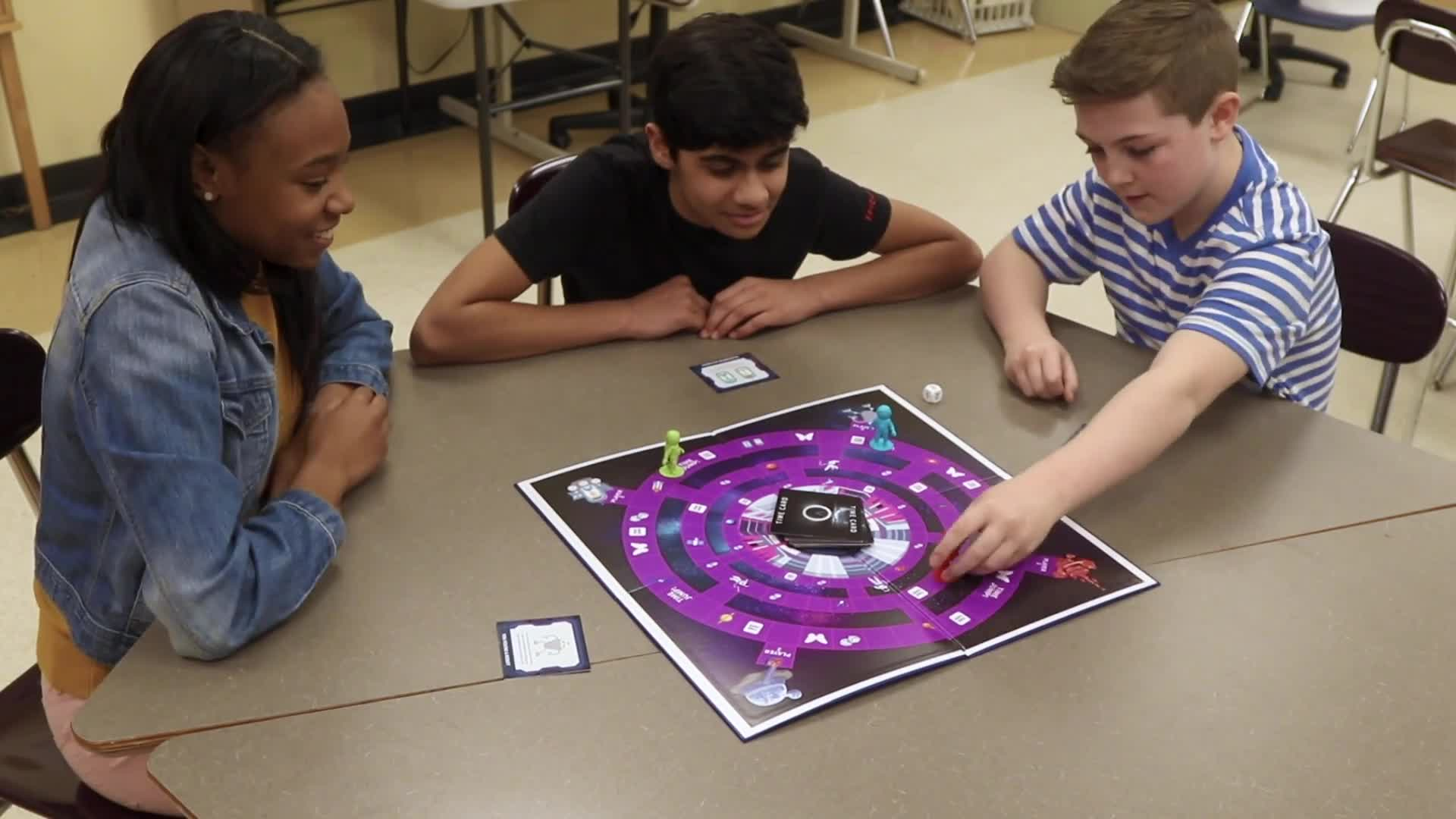
Introduction
As educators, it’s essential to teach our elementary students the value of being good sports while playing games. Good sportsmanship is a crucial aspect of Social-Emotional Learning (SEL) and helps students build positive relationships with their peers. This blog post will introduce a no-prep activity to teach good sportsmanship, discussion questions to engage students, related skills, and resources for further exploration.
No-Prep Activity: Role-Playing Good Sportsmanship
This simple activity requires no preparation or materials from the educator. The goal is to help students understand and practice the five steps of being a good sport while playing games:
- Agree on a game
- Make sure everyone knows how to play
- Set up the game
- Say “good game” whether you win or lose
- Help clean up
Divide the class into small groups. Assign each group a different game (e.g., checkers, soccer, or a card game). Ask students to role-play a scenario where they are playing the assigned game and demonstrate each of the five steps of being a good sport. Encourage students to take turns playing different roles and to think about how they can show good sportsmanship throughout the game.
Discussion Questions
After completing the role-playing activity, engage students in a discussion about good sportsmanship using the following questions:
- Why is it important to agree on a game and make sure everyone knows how to play?
- How did it feel when someone said “good game” to you, whether you won or lost? Why is this important?
- What are some ways you can show good sportsmanship even if you’re disappointed about losing a game?
- How can helping to clean up after a game demonstrate good sportsmanship?
- Can you think of a time when you or someone else wasn’t a good sport? How did it affect the situation?
Related Skills
Good sportsmanship is just one aspect of Social-Emotional Learning. Other related skills that can help students build positive relationships and navigate social situations include:
- Active listening
- Effective communication
- Conflict resolution
- Empathy and understanding others’ emotions
- Cooperation and teamwork
Next Steps
Teaching good sportsmanship and other Social-Emotional Learning skills is vital for helping students develop healthy relationships and succeed in life. To explore more SEL activities and resources for your classroom, sign up for free sample materials at Everyday Speech. These resources will provide you with engaging and practical tools to support your students’ social-emotional growth.

